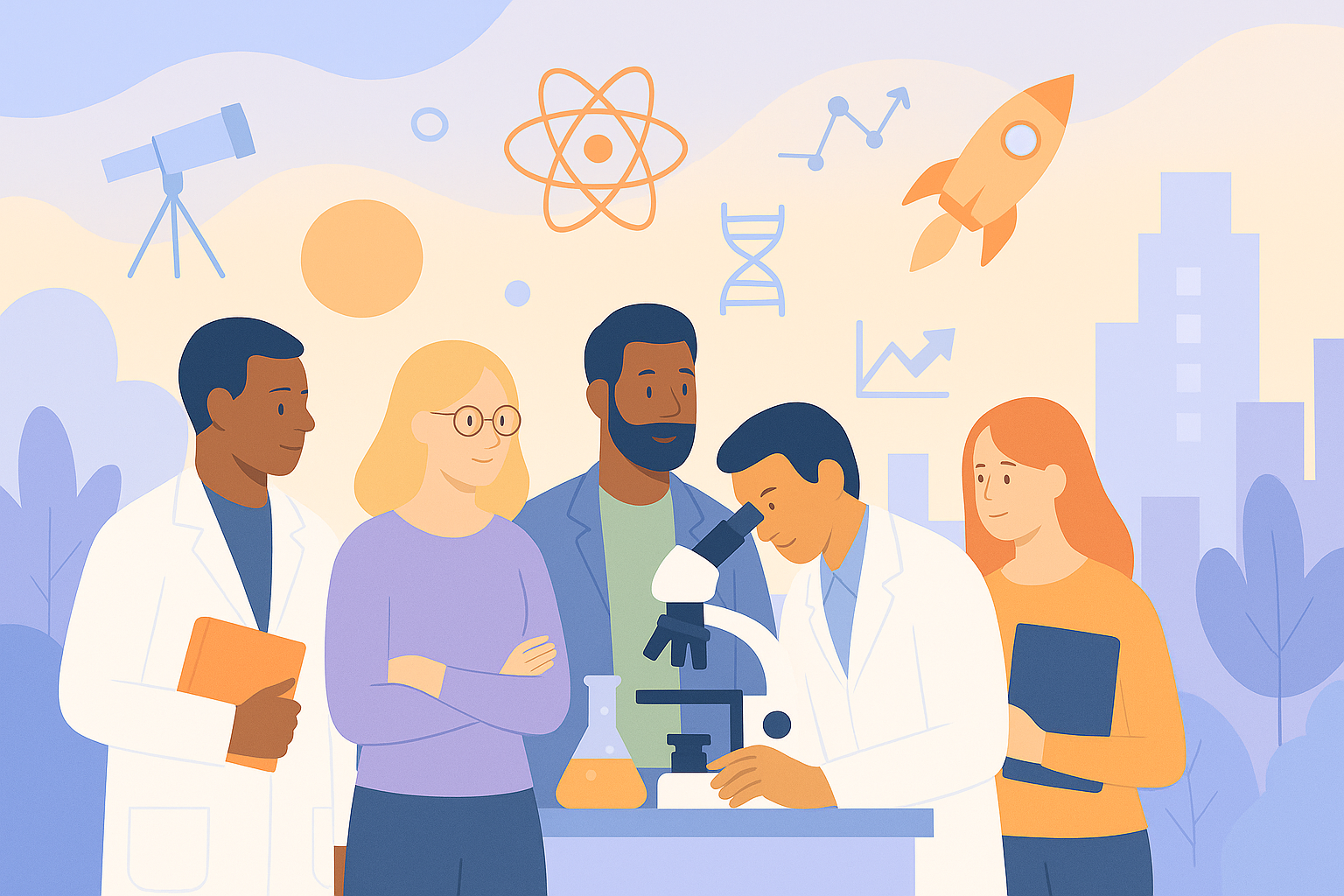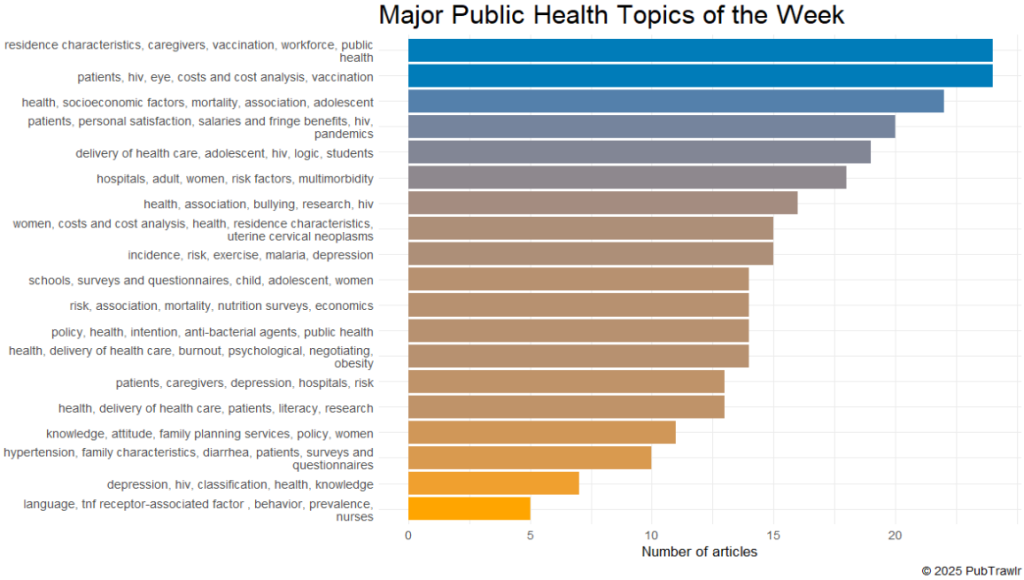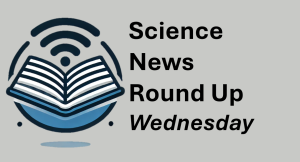
Science News Update, June 6, 2025
Ever wonder what we’re really about.
Every week, This Week in Science delivers the latest breakthroughs, discoveries, and innovations from across disciplines—biology, physics, environmental science, and more. We handpick top peer-reviewed studies, distill complex data into clear summaries, and spotlight cutting-edge trends transforming research and education. Our mission is to make science accessible for teachers, enthusiasts, and professionals, equipping you with actionable insights to inspire curiosity and drive progress. Subscribe to get concise, timely updates that save you time and keep you at the forefront of scientific advancement.
Here’s what we’ve got next week.

Be a Science Advocate—Support Independent Knowledge!
Stay informed with the latest research advancements and scientific breakthroughs. Your free subscription directly supports our self-funded mission to deliver crucial updates weekly. 💡 Every moment counts! Share now and invite others to amplify this important message!
‘Losing the next generation of scientists’: Trump administration cancels grants at CSUCI
The cancellation of federal grants aimed at supporting underrepresented groups in STEM at CSU Channel Islands highlights a broader rollback of diversity-focused science funding under the Trump administration, potentially hampering the academic and professional advancement of Latino and underrepresented students. By eliminating key financial support crucial for undergraduate research opportunities, these cuts risk undermining diversity in the sciences and threaten the cultivation of future scientific talent.
Artificial Intelligence: No Substitute for the Human Touch in Hospitality
The integration of artificial intelligence in the hospitality industry has proven largely positive, with AI enhancing customer engagement and operational efficiency through personalized marketing, optimized pricing, and automation of routine tasks. However, while consumers appreciate the convenience and innovation AI brings, especially as seen in smart servicescapes and interactive robotic technologies, they still value the indispensable human touch in service experiences, highlighting the need for a balanced blend of AI and human interaction to meet rising customer expectations and concerns about job loss and privacy.
Man behind AI-generated robocalls mimicking Joe Biden goes on trial in New Hampshire
The trial of political consultant Steven Kramer, accused of voter suppression through AI-generated robocalls mimicking Joe Biden, underscores urgent concerns about the misuse of artificial intelligence in elections. As the New Hampshire court deliberates Kramer’s intent and the legitimacy of the state’s primary, this case highlights the pressing need for clear federal regulations on AI deepfakes in political contexts, especially amidst contrasting moves by the FCC and Congress regarding AI oversight.
Safer path to adopting AI
Hong Kong’s strategic focus on artificial intelligence (AI) as a core industry highlights the integration of AI applications in sectors like financial services and customer support, emphasizing the need for robust regulatory frameworks to ensure ethical usage, data security, and transparency. By rapidly advancing AI adoption through ethical guidelines, data protection measures, and sector-specific regulations, Hong Kong is positioning itself as a leader in AI innovation while addressing public concerns about privacy, bias, and accountability to foster trust and global competitiveness in this transformative technology.
Storm Ready: FAU Sensing Institute’s Weather Network Delivers Real-time Forecasting
As Florida confronts the threat of water-induced fatalities from hurricanes, Florida Atlantic University’s I-SENSE network is crucial in providing real-time atmospheric and water-level data to enhance weather forecasts and emergency response efforts, thereby mitigating the impacts of storm surges and inland flooding. Despite the lack of direct state funding, FAU’s expansion plan will further fortify Florida’s weather preparedness by increasing the number of stations, thereby strengthening community resilience and potentially setting a global standard for storm preparedness and forecasting.
UC Berkeley researchers team up for first-of-its-kind lawsuit over Trump funding cuts
In a groundbreaking legal move, University of California faculty and researchers are suing President Trump and several federal agencies over dramatic funding cuts that have led to project cancellations and layoffs, emphasizing the broader threat these cuts pose to vital academic research and innovation across the U.S. This lawsuit challenges the administration’s decisions, arguing they violate due process and free speech rights, while also spotlighting the systematic dismantling of research funding under the guise of “realigning government spending,” with implications that could reshape the landscape of federally funded academic research if successful.


